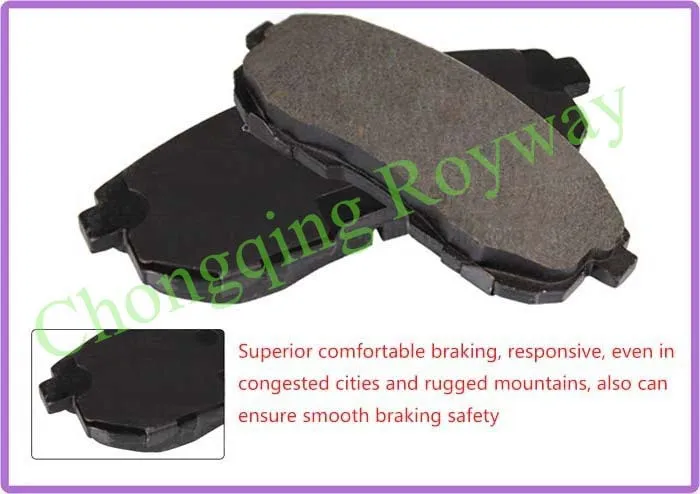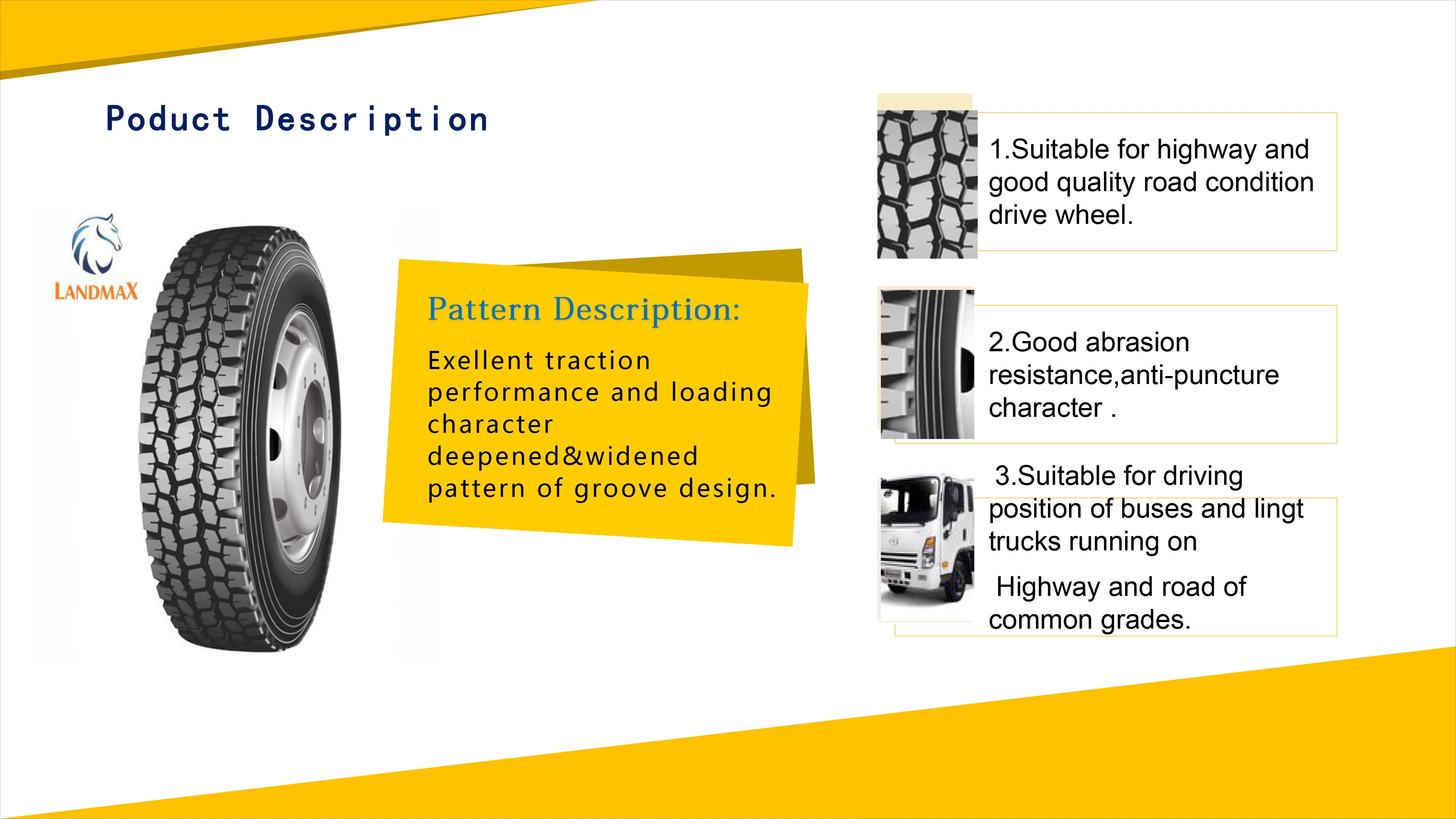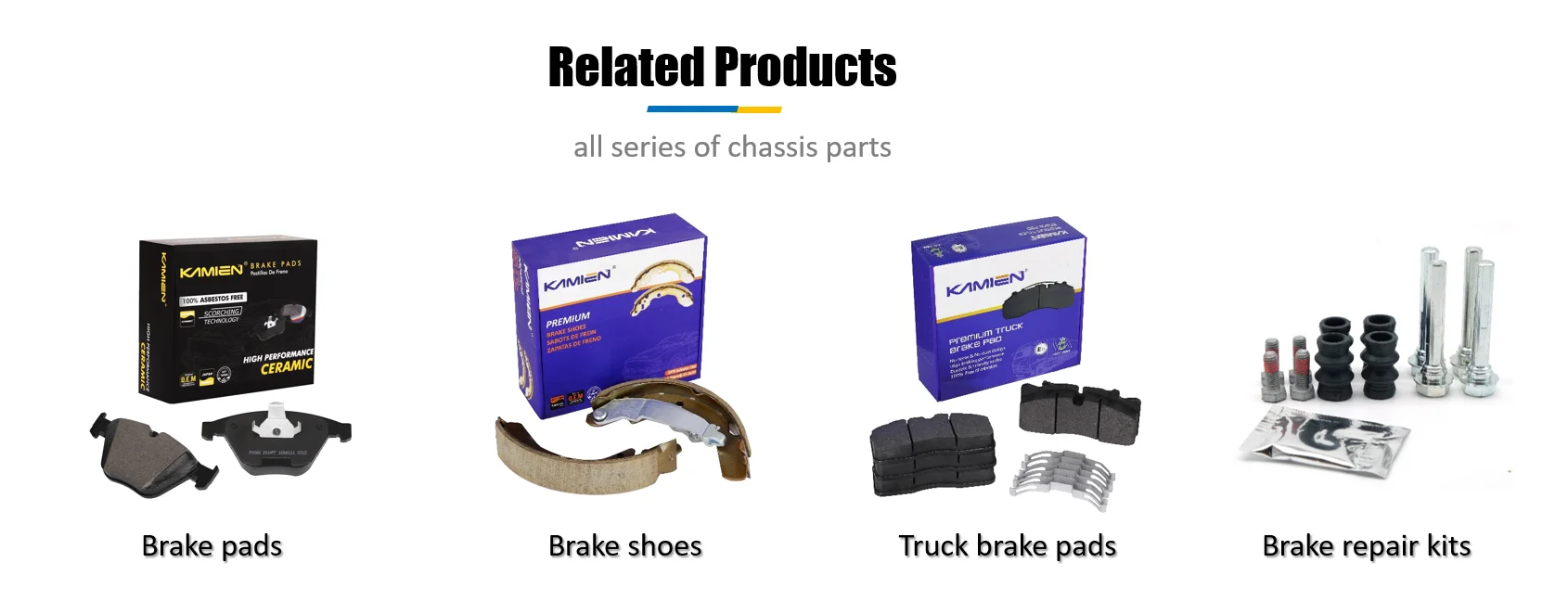Excessive Brake Pedal Travel: Understanding and Troubleshooting
Guide or Summary:Reasons for Excessive Brake Pedal TravelIdentifying Excessive Brake Pedal TravelTroubleshooting Excessive Brake Pedal TravelExcessive brake……
Guide or Summary:
- Reasons for Excessive Brake Pedal Travel
- Identifying Excessive Brake Pedal Travel
- Troubleshooting Excessive Brake Pedal Travel
Excessive brake pedal travel, also known as brake pedal drop-off, is a common issue that can leave drivers feeling uneasy and unsure about their vehicle's safety. It occurs when the brake pedal moves more than usual when applying the brakes, which can be attributed to several factors. In this article, we will explore the reasons behind excessive brake pedal travel, how to identify it, and the steps you can take to troubleshoot and fix the problem.
Reasons for Excessive Brake Pedal Travel
There are several reasons why a brake pedal may travel excessively. Some of the most common causes include:
1. **Worn Brake Pads or Shoes**: Over time, brake pads or shoes can wear down, reducing their effectiveness. This can cause the brake pedal to travel further before the vehicle comes to a complete stop.
2. **Low Brake Fluid Level**: Brake fluid is essential for the proper functioning of the braking system. Low levels of brake fluid can cause the brake pedal to drop off, as there is not enough fluid to apply sufficient pressure to the brake components.
3. **Air in the Brake Lines**: Air bubbles in the brake lines can disrupt the flow of brake fluid, leading to a reduction in braking pressure and increased brake pedal travel.
4. **Worn Brake Master Cylinder**: The brake master cylinder is responsible for converting the force applied to the brake pedal into hydraulic pressure. Over time, this component can wear out, resulting in increased brake pedal travel.

5. **Faulty Brake Booster**: The brake booster assists in amplifying the force applied to the brake pedal, making it easier to stop the vehicle. A faulty brake booster can cause the brake pedal to drop off.
Identifying Excessive Brake Pedal Travel
Identifying excessive brake pedal travel is relatively straightforward. Here are some signs to look out for:
1. **Longer Stopping Distance**: If the vehicle takes longer to come to a complete stop, it could be a sign of excessive brake pedal travel.
2. **Spongy Brake Pedal**: A spongy or soft brake pedal is another indication that the brake system may be experiencing issues.
3. **Brake Warning Light**: If the brake warning light on the dashboard comes on, it could be a sign of excessive brake pedal travel or other brake system problems.
4. **Unusual Noises**: Grinding or squealing noises when applying the brakes can indicate worn brake pads or shoes.

5. **Vibrations or Shaking**: Vibrations or shaking while braking can be a sign of warped brake rotors or other brake system issues.
Troubleshooting Excessive Brake Pedal Travel
If you suspect that your vehicle has excessive brake pedal travel, it's essential to take action to troubleshoot and fix the problem. Here are some steps you can take:
1. **Check Brake Fluid Level**: Inspect the brake fluid level in the reservoir. If it's low, top it up with the recommended brake fluid type.
2. **Bleed the Brake System**: If air bubbles are causing the brake pedal to drop off, bleeding the brake system can help remove the air and restore proper braking performance.
3. **Inspect Brake Pads and Shoes**: Check the brake pads or shoes for wear and tear. If they are worn down, they may need to be replaced.
4. **Replace the Brake Master Cylinder**: If the brake master cylinder is worn out, it may need to be replaced to restore proper braking function.

5. **Check the Brake Booster**: Inspect the brake booster for signs of wear or damage. If it's faulty, it may need to be repaired or replaced.
6. **Inspect the Brake Lines**: Look for any signs of damage or leaks in the brake lines. If there are any issues, they will need to be repaired or replaced.
In conclusion, excessive brake pedal travel can be a concerning issue for drivers. However, by understanding the reasons behind it and taking proactive steps to troubleshoot and fix the problem, you can ensure the safety and reliability of your vehicle. If you're unsure about how to proceed, it's always best to consult a professional mechanic for assistance.